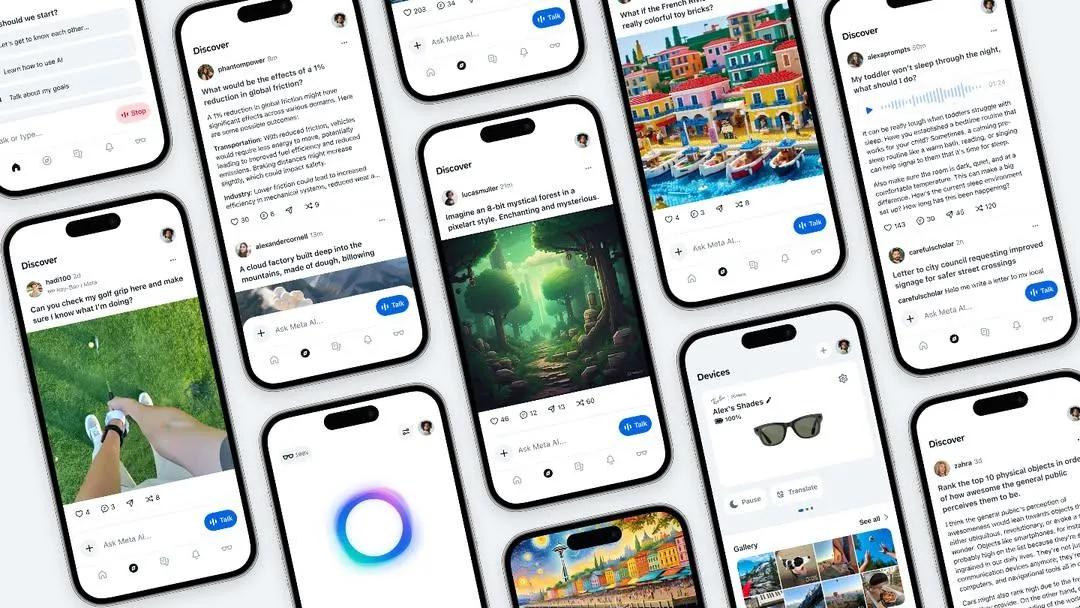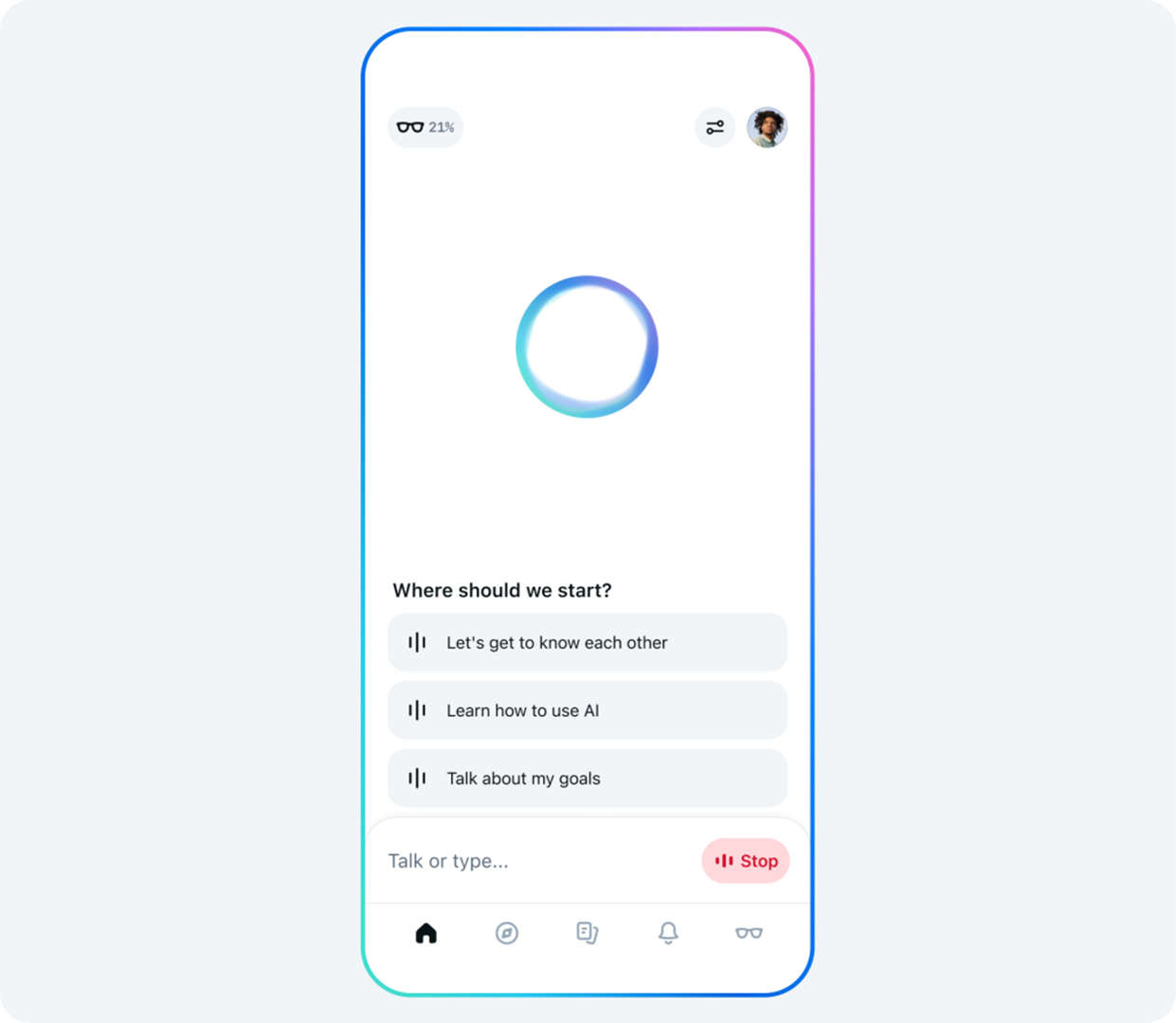
Last week, Meta launched its brand new AI app – a Frankenstein's (or should I say Zuckerberg's) monster that combines social media with generative AI slop. Powered by Meta's Llama 4 model, the new app promises to be a more personalised experience, storing your data to build a personable connection (and presumably refine those all-important targeted ads).
While the technology has continued to be a topic of contention among creatives, knowing how to use AI properly has the potential to boost productivity, aiding human creativity rather than replacing it. In concept, Meta AI should do just that, but a deep dive into the app reveals a very different story.
On the surface, the Meta AI app seems pretty innocuous – a helpful little AI chatbot to ask for advice, information or simply just some entertainment. The more tapped into Meta's products you are, the more curated it is to you. Sure, you're letting Meta collect your data across its applications, but anything for a personalised experience, right?
To create a community feel, Meta introduced a Discover feed, allowing users to share their interactions with Meta's AI. A casual perusal of the app uncovers uncomfortably personal chat logs about health issues, sexuality and petty criminality. Scroll further and you'll find adventurers asking for travel routes direct from their homes, contrasted by soft porn AI image generations of female celebrities. While Meta affirms "you’re in control: nothing is shared to your feed unless you choose to post it," the Discover feed's current lax regulations are flagging privacy concerns – just because someone can post doesn't always mean they should.

While the app is still in its infancy, it has already received a mixed response online. One X user called it a "Trojan horse", claiming that the app was "turning AI into a social object – and prepping for feed-native ads inside your conversations. A whole new attention layer is coming." Another added, "The Discover feed in the new Meta AI app is kinda brilliant, but I also can't help thinking about it as yet another place to scroll endlessly and waste even more time."
In some ways, Meta's new AI app was inevitable. With competitors like ChatGPT and Gemini expanding their reach, Meta's standalone AI app paves the way for a more personalised AI experience (for better or for worse). The nature of Meta's AI app naturally makes some creatives resistant to AI, but with the technology becoming more accessible and accepted by general audiences, it seems AI usage will only continue to grow.







